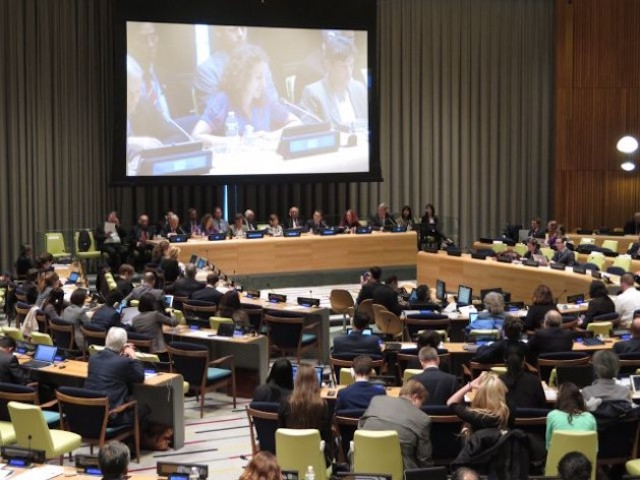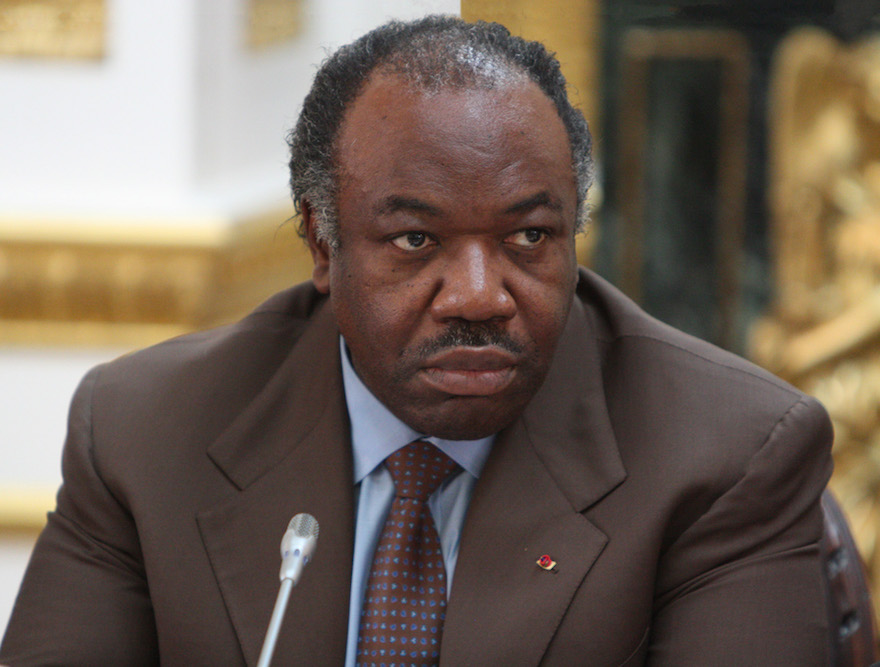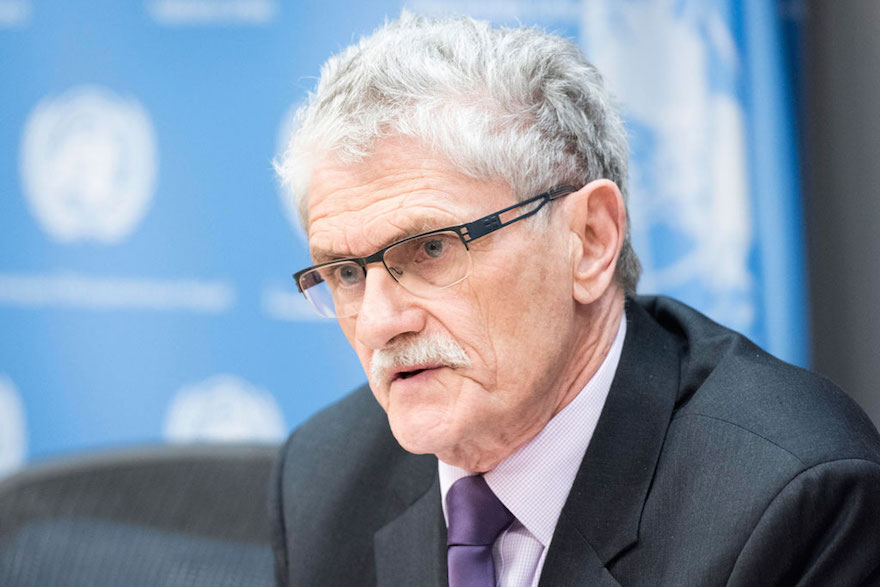By Daisaku Ikeda * | IDN-INPS Viewpoint
TOKYO (IDN | INPS) – Last year’s NPT Review Conference closed without bridging the chasm between the nuclear-weapon and non-nuclear-weapon states. It was deeply regrettable that no consensus was reached at this significant juncture marking the seventieth anniversary of the atomic bombing of Hiroshima and Nagasaki.
Hope still remains, however, thanks to a number of important developments. These include: the growing number of countries endorsing the Humanitarian Pledge, a commitment to work together for the resolution of the nuclear arms issue; the adoption in December 2015 by the UN General Assembly of several ambitious resolutions calling for a breakthrough; and rising calls from civil society for the prohibition and abolition of nuclear weapons. READ in JAPANESE









